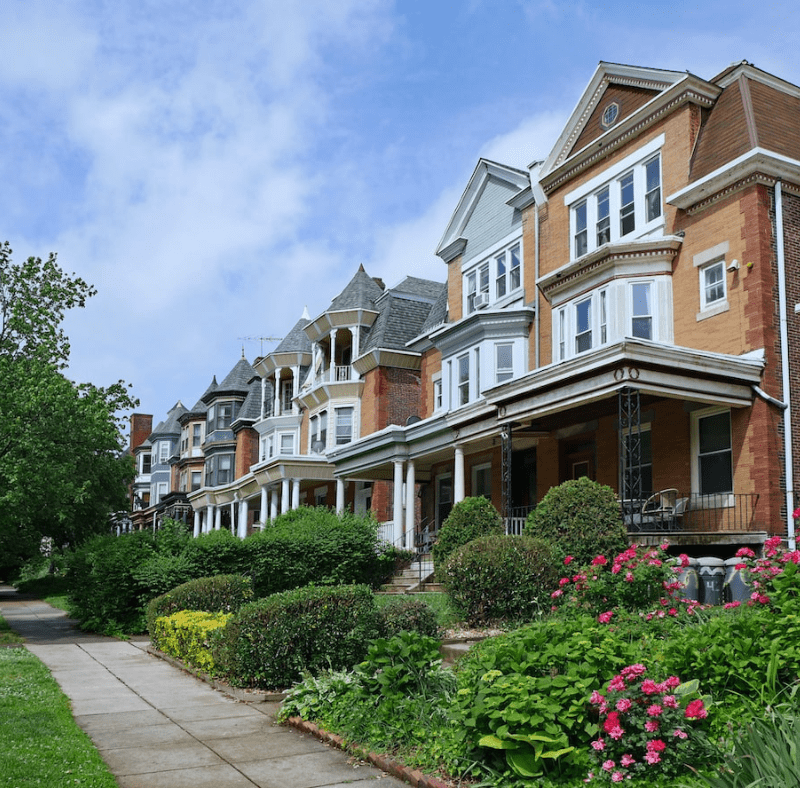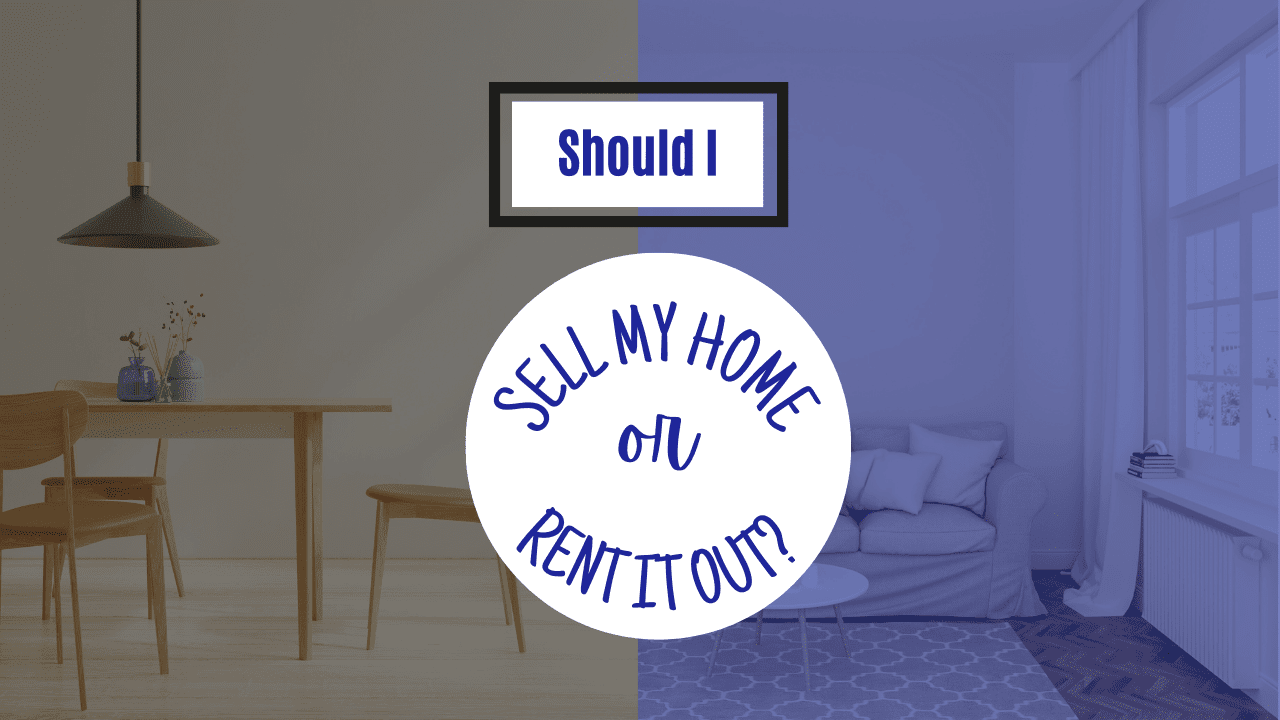Welcome to Innovate Realty, a JG McSherry Property Management Company! While our name is evolving, our dedication to providing you with the best possible property management experience remains the same. Backed by the strength and experience of JG McSherry, Innovate Realty offers a fresh perspective on managing your property.
INNOVATE REALTY & PROPERTY MANAGEMENT
Philadelphia Property Management Company
Metro Philadelphia’s most innovative and responsive property manager

I’m an Owner
Innovate Realty works relentlessly to help you maximize profits from your Philadelphia investment property. Whether you have a commercial or residential property, we provide comprehensive assistance with the help of expert property management professionals.

I’m a Renter
Looking for a rental in Northeast Philadelphia? Look no further. Innovate Realty has a large inventory of rentals you can choose from, depending on your requirements. You can also access the full-service tenant portal to access our tenant services.
Why Choose Us
Transparent Communication
At Innovate Realty, we know the importance of transparent communication and the role it plays in the success of your investment property. Our property management team handles your commercial or residential investment on your behalf while keeping you in the loop at all times.
Read More
We respond to every single query and ensure that we do our best to resolve the issues with your property and provide a wholesome management experience. We firmly believe that maintaining an open communication channel between the owner, tenant, and property manager, fosters a positive relationship that is conducive to rental growth.
Accordingly, we ensure complete availability for our clients to ensure that our Philadelphia investors have the best property management experience.
Efficient Real Estate Management
Investment properties in Northeast Philadelphia, Eastern Montgomery, Lower Bucks, Bristol, Jenkintown, and Willow Grove can be lucrative. But, they also require outstanding management, which can be tough to do yourself.
Read More
Innovate Realty provides full-service, effective property management services that minimize the hassle of looking after your investment property. Our expertise of over five decades enables us to provide the best investment advice and assistance.
We look after your Philadelphia property’s maintenance, repairs, and tenants and ensure we increase the return on investment. We also help you manage your real estate investment portfolio, collect rent, conduct inspections, and take over marketing and advertising of your property to secure good tenants.
Technology-Driven Solutions
One of the main reasons you should work with us is our focus on technology-driven services. We are a company that integrates technology in every significant aspect of property management to enhance our productivity and output for our clients.
Read More
Our automated portals enable owners and tenants to access their accounts conveniently, from any corner of the world. Using these portals, you can contact us for emergencies, schedule repairs, deposit rent and access financial reports for your Philly rental with ease.
We also make effective use of social platforms for marketing your rental and harness the power of business intelligence to track the growth in ROI for your property.
Enhanced Tenant Screening
Innovative Rental Marketing
Rent Collection
Transparent Property Maintenance
Thorough Financial Reporting
Routine Property Inspections
Evictions
Home Watch
Areas We Serve
Innovate Realty operates all across Northeast Philadelphia and the surrounding regions helping real estate investors discover lucrative properties and generate significant returns from the same.
Our expertise and knowledge of the Philadelphia market since 1956 empower us to provide the best investment advice in the area. Our high-quality property management services have benefitted investors in Northeast Philadelphia, Eastern Montgomery, Lower Bucks, Bristol, Jenkintown, and Willow Grove. Here are the counties we serve:
Bucks
Delaware
Montgomery
Burlington
Philadelphia
Camden


For a complete list of areas we serve click here
From Our Clients
“McSherry has managed the apartment building that I have lived in for 20+ years. They are always attentive and prompt with any maintenance issues that come up and keep the property clean and well-tended. It is always a pleasure to work with any of the employees.”
“Amazing team. I only have one rental but I am treated as if I have 100. This is so important as I live out of state. Maureen and Nancy know how to take care of business. Any requests are taken care of asap.”
5 Ways to Improve Curb Appeal of Your Investment Property
Curb appeal counts. It’s the first impression your property makes on potential renters. If you want to find highly qualified tenants quickly and if you want to rent your property out for the most money possible, you need to invest in some impressive curb appeal. We...
Should I Sell My Home Or Rent It Out?
Have you decided to move out of your home? Maybe you’re leaving the area or perhaps you're keeping your eye on another home you’d like to buy. Maybe your life is changing and you’re getting married or the kids are out of the house or it’s time to downsize. Whatever...
How to Maintain Your Investment Property Over Time
A long term real estate investment is the best way to establish real wealth and set yourself up for impressive returns and earnings. Holding a property will allow you to gather more equity and make more money when you do eventually sell. It will come as no surprise...
Free Rental Analysis for Property Owners
Main Office
603 County Line Rd,
Huntingdon Valley, PA 19006
New Jersey Locations
204 Creek Road,
Mount Laurel, NJ 08054
39 S Main St Suite 201
Mullica Hill, NJ 08062








